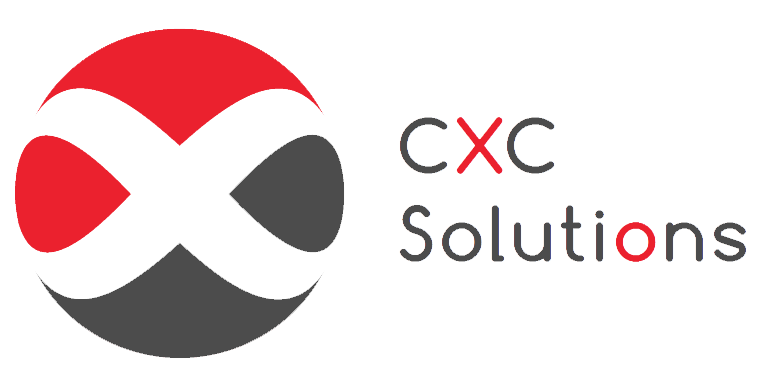Why has my Flex Debit Card been Suspended?

Potential Upcoming Form 5500 revisions to be aware of
July 15, 2019
ACA Reporting Got You Down? Organize Your Tasks by Choosing our 2019 ACA Checklist
August 12, 2019By Geetha Thozhukat
Architect

Flexible spending accounts (FSAs) provide patients with the ability to cover qualified medical expenses with tax-advantaged funds. FSA debit cards are not interchangeable with regular payment cards, and they must only be used for the purchase of approved items. Did you know that IRS § 105(b) requires all FSA transactions – even those conducted using a debit card – need to be substantiated? If any transaction is not substantiated by auto-adjudication or receipts, the FSA Third Party Administrator (TPA) must recoup the charge and suspend the card until it is recouped. Moreover, card systems that do not meet the requirements of IRS § 105(b) result in all payments provided by the cards being included in the participant’s taxable income.
The IRS 502 Publication provides a list of eligible medical expenses. Sometimes the distinction of what is covered from what isn’t covered isn’t very clear and obvious. Did you know that even for eligible expenses for FSA debit cards, in a lot of cases, participants are requested to submit receipts or documentation? For example:
· Purchasing from some pharmacies located in a hospital or medical center that sometimes codes it as a medical transaction instead of a pharma transaction
· Paying your doctor at the time of your visit based on an estimated code, but later getting billed a different amount
· Using your card to pay, in one transaction, for your visit and for your child’s visit to the doctor on the same day
Realistically, TPAs auto-substantiate only around 60 to 75% of the FSA Debit Card transactions. For the remaining transactions, participants are required to submit receipts. Not only is this frustrating for participants since their cards could otherwise get suspended, it also results in overhead costs for TPAs to reach out to Participants and to manually substantiate claims based on submitted receipts.
The continued requests from TPAs to submit receipts for eligible expenses causes a lot of frustration for participants. And it is waste of valuable time and resources for TPAs to chase down these receipts as well. Some increase in auto-substantiation rates can be achieved by doing an EOB match based on exact amounts. A substantial increase in rates can be achieved using “Smart Matching” technology by utilizing a combination of claims to match against 1 or more transactions because there isn’t an “exact amount” match in many cases. Not many TPAs are aware of this! We encourage TPAs to take advantage of such solutions (CXC Solutions) and make their user experience differentiated.
CXC Solutions is a leading provider of FSA debit card substantiation services; it currently helps multiple TPAs auto-substantiate over 98% of debit card transactions for 500,000 plus participants each month.




